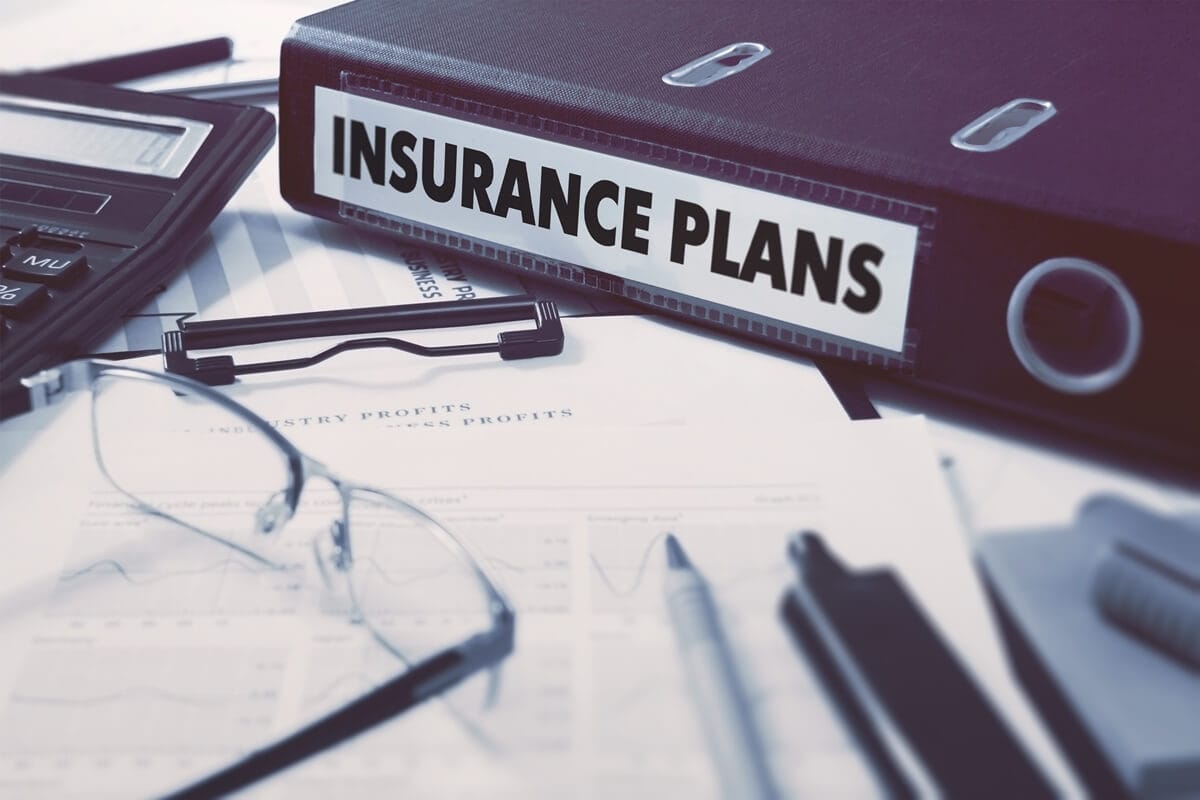Starting your own insurance agency can be an exciting career opportunity, although you’ll need to become licensed before you can run your business legally. Becoming an insurance agent requires licensing, and there are many ways you can go about getting your training. Let’s look at what kinds of insurance licenses there are and how to choose a franchise partnership that can help you meet your goals.
Choosing Your Insurance Career Path
One of the benefits of having a career in the insurance industry is there are a variety of routes you can take to meet insurance agent education requirements. For example, you can become specialized in specific types of insurance, own a private agency, and even partner with an insurance franchisor. While each path has its merits, franchising stands out as an excellent avenue to get the education and training you need to be successful from the start.
When you work with a reputable franchisor, aspiring insurance entrepreneurs like you gain access to comprehensive training programs, established brand recognition, and ongoing support. The knowledge you gain by investing with an expert in the insurance industry significantly reduces the learning curve associated with starting a new business, so you can start making money and meeting your aspirations sooner.
What Type of Degree and Education Do You Need To Get to Be an Insurance Agent?

The insurance sector doesn’t require a specific degree, nor is it necessary to go to school to become an agent, although you’ll need to obtain appropriate licensure before you can sell insurance. These licenses equip you with the necessary education you’ll need to understand the complexities of the insurance sector. Let’s break down the three primary types of insurance licenses below.
a. Property Insurance License
A property insurance license authorizes you to sell insurance policies covering physical property, such as homes, automobiles, and businesses. The requirements for obtaining a property insurance license vary by state, but typically you’ll need to complete pre-licensing courses and pass a state-administered exam. Through this process, you’ll gain an in-depth education about property insurance policies, underwriting principles, and techniques to overcome potential risks as an insurance business owner.
You’ll need this information to help you create a diverse product and service portfolio, reach niche markets, and meet legal mandates properly. When you implement these strategies correctly, they increase your chances of profitability.
b. Casualty Insurance License
Casualty insurance licenses focus on providing coverage for liabilities arising from accidents or injuries. These certifications include auto liability, general liability, and workers’ compensation insurance. Like property insurance licensing, you must fulfill state-specific requirements, which often include completing pre-licensing education and passing a rigorous examination.
As you obtain your casualty insurance license, you’ll learn how to assess risks, interpret policy provisions, and advise clients on suitable coverage options. These skills are necessary to build and grow an insurance agency, create efficient workflows, and meet the needs of your customers – all of which will help you run a thriving business while saving time and money. Plus, when you join with the right franchise partner, you can receive additional support and training to help you capitalize on your investment even more.
c. Life & Health Insurance License
Life and health insurance licenses empower you to offer financial protection and healthcare solutions to individuals and families. From life insurance policies to health maintenance organizations (HMOs), this license encompasses a broad spectrum of products and services aimed at safeguarding individuals’ well-being. As a prospective agent, you must meet state-mandated prerequisites, which typically involve completing accredited courses and achieving a passing score on the licensing exam.
Through this licensure process, you’ll acquire a deep understanding of insurance fundamentals, including policy types, premium calculations, and regulatory compliance. You’ll need a full understanding of the types of products and services you can offer so you can tailor them to meet the needs of your policyholders, reach niche markets with specialized offerings, and create competitive pricing.
When you combine your newly acquired skill sets with the support and training from your franchisor, you’ll increase your revenue potential, stand out amongst other brands, gain new customers and retain existing ones, and be more profitable.
Pathways to Licensing and On-the-Job Training
Navigating the licensing process involves exploring various pathways, each with its unique set of requirements and considerations. You can choose from traditional classroom instruction, online education platforms, or employer-sponsored training programs. While each option offers distinct advantages, you’ll want to weigh the pros and cons carefully by choosing a method that fits your lifestyle, budget, and schedule, and offers the certifications you need to reach your goals.
Rather than going with one of these traditional methods to gain your insurance agent education requirements, you can select an affiliation with a growing and trusted franchisor that prioritizes its culture and comprehensive on-the-job training. Franchisors have the expertise and programs that can significantly enhance your skill set and industry knowledge. Make sure the program has accreditation from reputable organizations such as the National Association of Insurance Commissioners (NAIC) or the American Institute for Chartered Property Casualty Underwriters (AICPCU) to ensure you receive quality training and meet compliance with industry standards.
Selecting Accredited Insurance Courses and Programs
Selecting the right educational program is one of the most important aspects of your insurance agent education requirements. Here are some factors you’ll want to consider:
- Affordability: Research and choose a training method that fits within your current income.
- Flexibility: Seek programs that offer training that fit within your existing schedule or have self-paced learning options.
- Reputation: Research the reputation of each program for things like support, ease of technology and resources, and if your license will be accepted by the industry.
- Accreditation: Look for programs that are accredited by state regulatory bodies or industry associations, as this ensures you’ll adhere to the rigorous educational standards you need.
- Interactive Learning: Seek out courses that offer practical, real-world insights and opportunities for hands-on experience.
When you invest in high-quality education and training, you set yourself up to succeed with the expertise you’ll need in the dynamic and rewarding field of insurance entrepreneurship.
Get the Education You Need to Become an Insurance Agent Today!
Are you ready to navigate the insurance agent education requirements and licensing process? Now that you know the types of insurance licenses, pathways to licensing, and criteria for selecting accredited programs, all you need is a franchise partner to help you get there. At Freeway Insurance, we help you get licensed and provide the ongoing support that will serve as your foundation for building a robust and trustworthy insurance franchise.
Reach out through our website or call (877) 822-3024 to learn more.

